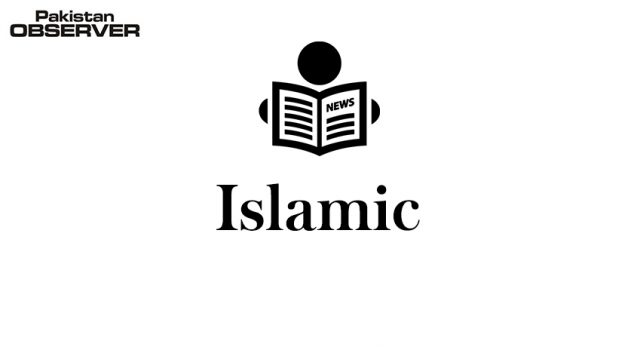Jakarta
Indonesia is indubitably catching up with other countries in the development of the sharia economy, although the world’s largest Muslim population nation was considered as being rather late in paying heed to Islamic economics.
The world’s fourth most populous country has realized the need to tap the potential of sharia economy, as the State of Global Islamic Economy Report 2020-2021 indicated that Muslim consumers’ expenditure on halal food, beverage, pharmaceuticals, and tourism had reached US$2.02 trillion in 2019.
With a population of 271 million, of which almost 90 percent are Muslims, Indonesia is the world’s biggest market for halal products, especially food, tourism, pharmaceuticals, and cosmetics.
Refusing to be a mere market, Indonesia is determined to play a bigger role in the sharia economy domestically and also globally, by developing four aspects: halal industry, sharia finance, sharia social finance, and sharia entrepreneurship.
The government’s support is apparent from the several policies to develop the halal industry, including establishment of the Special Economic Zones (KEK) for the halal industry.
Moreover, President Joko Widodo, as head of the National Islamic Finance Committee (KNKS), had launched the Indonesian Islamic Economics Master Plan (MEKSI) 2019-2024 in May 2019, which is the country’s first road map for Islamic economy that aims to strengthen the national economy. In February 2020.—Antara News










